Dežurni telefon: +381 61 63 84 071
Magazin Forbs o Marijani Savić, osnivačici Atine
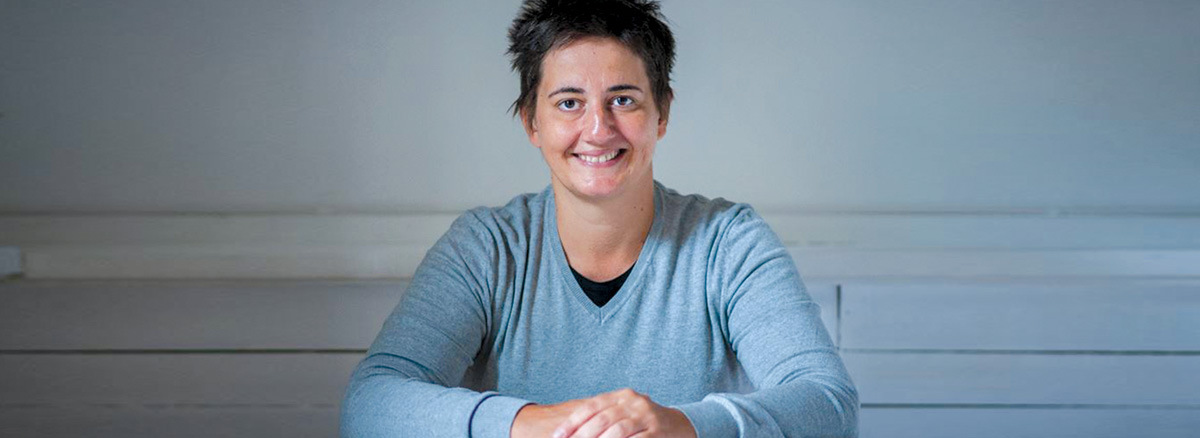
Marijana Savić zna kakav je osećaj izgubiti svoj dom. Ona je preživela raspad Jugoslavije ’90-ih. “Svedočila sam strahotama i patnji ljudi, naročito žena i dece”, rekla je Savić Ujedinjenim nacijama. Ona je 2004. godine osnovala nevladinu organizaciju Atina za pružanje pomoći osobama koje su preživele nasilje, eksploataciju i trgovinu ljudima u Srbiji. Osnovala je i prvu sigurnu kuću za žrtve trgovine ljudima u državi. Nevladina organizacija na čijem je čelu Savić proširila je svoj fokus kako bi pružala i usluge psihosocijalne, pravne i medicinske pomoći ženama u Evropi koje beže od rata i progona u zemljama porekla. “Mi znamo da se žene izbeglice suočavaju sa ozbiljnim nasiljem i seksualnim zlostavljanjem”, rekla je Savić u intervjuu za Al Jazeera. “Slušamo te žene, jer niko drugi to ne radi. Verujem da svi možemo da utičemo na promene u svetu. Ono što nam je potrebno jeste promena u načinu razmišljanja ljudi. Ne govorim samo o pravima žena, govorim o feminizmu. Govorim o osnaživanju žena. Jer, kad god se dogodi neka katastrofa, žene su te koje najviše trpe.”
8 Awe-Inspiring Women Founders To Applaud On World Refugee Day
Malala is a household name, but do you know these eight women serving refugees? Learn more about their awe-inspiring work in honor of World Refugee Day, observed around the globe on June 20.
1. Tawakkol Karman
Founder of Women Journalists Without Chains
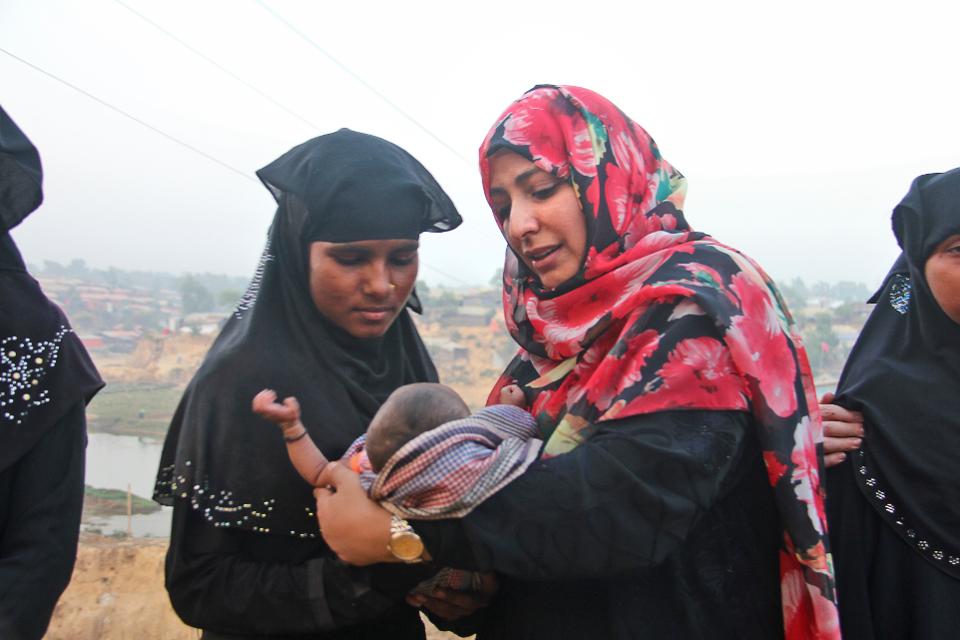
Tawakkol Karman, right, holds a Rohingya refugee child during her visit to Kutupalong refugee camp in Bangladesh. (AP Photo/Suzauddin Rubel)
She is known as “The Mother of the Revolution.” At the age of 32, Tawakkol Karman was awarded the Nobel Peace Prize in 2011 in recognition of her advocacy for women’s rights in Yemen. Karman, a journalist and a survivor of Yemen’s civil war, is the founder of Women Journalists Without Chains. The organization trains journalists and advocates for human rights in Yemen. Women Journalists Without Chains also produces regular reports on human rights abuses in Yemen, documenting more than 50 legal attacks against journalists to date. Karman told Voguewhy she believes freedom is worth fighting for, no matter how long it takes. “When I talk in my interviews and speeches, I always ask people in the U.S. and the West: ‘How did you reach this moment of freedom and democracy?’ Was it just like that, all of a sudden, without any suffering? Or was it a long march of struggle by the previous generations? And sacrifices of blood, pains and tears by your ancestors for the sake of your freedom and happiness?”
2. Nasrine Gross
Founder of Kabultec
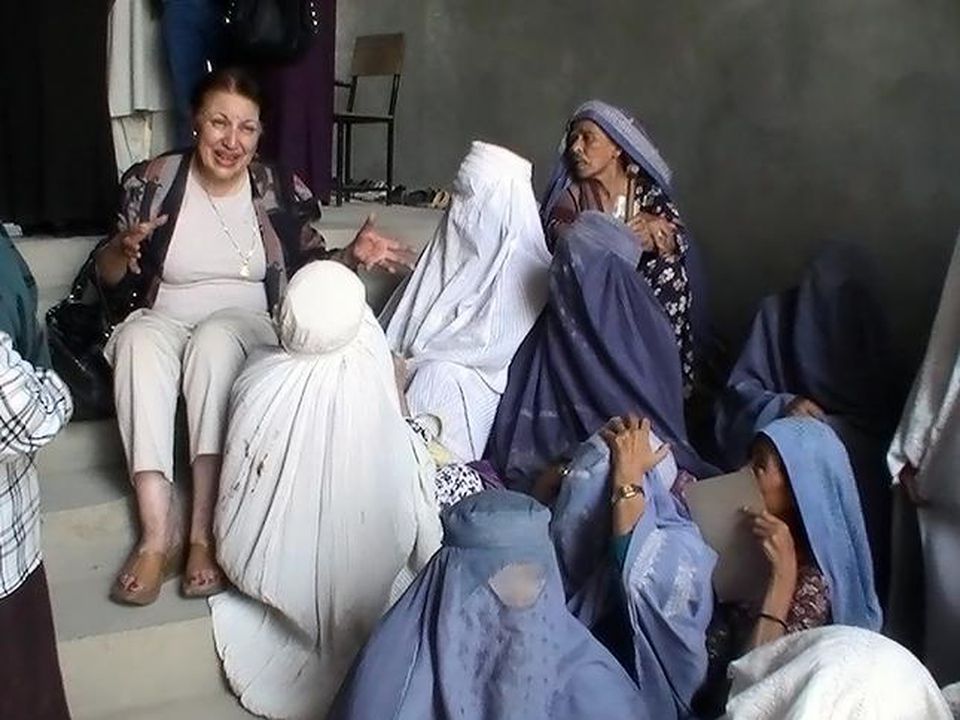
Photo courtesy of Nasrine Gross. Nasrine Gross is the founder of Kabultec.
Nasrine Gross is determined to beat the Taliban. Born and raised in Afghanistan to an activist family, Gross came to the United States with her husband to establish a career in the emerging information technology field. When the Taliban rose to power in her home country, she refused to stand by as the Taliban systematically stripped Afghan women of their rights. Gross collected 300,000 signatures to support an equality clause for women in the 2003 Afghan constitution. She then formalized her advocacy for Afghan women by founding Kabultec and its sister organization The Roqia Center. “I have had the fruits of education,” Gross said in a 2008 interview. “Why not give some of it back?”
3. Marijana Savic
Founder of Atina
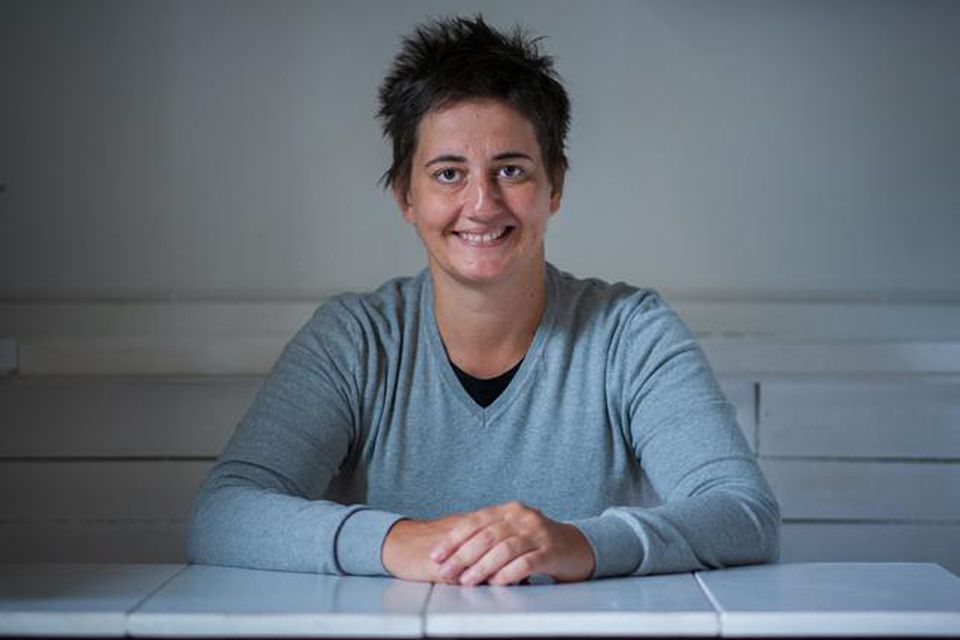
Photo by Nemanja Pancic/Kamerades. Marijana Savic is the founder of Atina.
Marijana Savic knows what it feels like to lose your home. She lived through the breakup of Yugoslavia in the 90s. “I witnessed the horror and the suffering of people, especially women and girls,” Savic told the United Nations. In 2004, Savic founded the nonprofit Atina to aid survivors of violence, exploitation and human trafficking in Serbia. She established the first safe house for victims of trafficking in the country. Savic’s nonprofit expanded its focus to also provide psychosocial, legal and medical assistance to women in Europe who are fleeing war and persecution at home. “We know that woman refugees deal with a lot of violence and sexual abuse,” Savic said in an interview with Al Jazeera. “We listen to these women because nobody else does. I believe we can all make a difference in the world. What we need is a shift in people's way of thinking. I am not just talking about women's rights, I am talking about feminism. I am talking about empowering women. Because whenever there's a disaster, it's the women that suffer most.”
4. Blair Brettschneider
Founder of GirlForward
Photo courtesy of GirlForward. Blair Brettschneider is the founder of GirlForward.
A $2,000 gift from Blair Brettschneider’s grandparents paved the way GirlForward, a nonprofit in Chicago devoted to helping refugee girls achieve their dreams. In 2011, inspired by her life-changing experience as a tutor to a refugee girl from Democratic Republic of Congo, Brettschneider used the gift from her grandparents to launch a support group for refugee girls. The small group for 10 refugees eventually grew into GirlForward. “It’s hard enough to be a teenage girl in the United States, so it’s even harder to be a teenage refugee girl,” Brettschneider told CNN, which featured her as a "CNN Hero." Brettschneider has also been featured in “Forbes' 30 Under 30” list.
5. Hassina Sherjan
Founder of Aid Afghanistan for Education
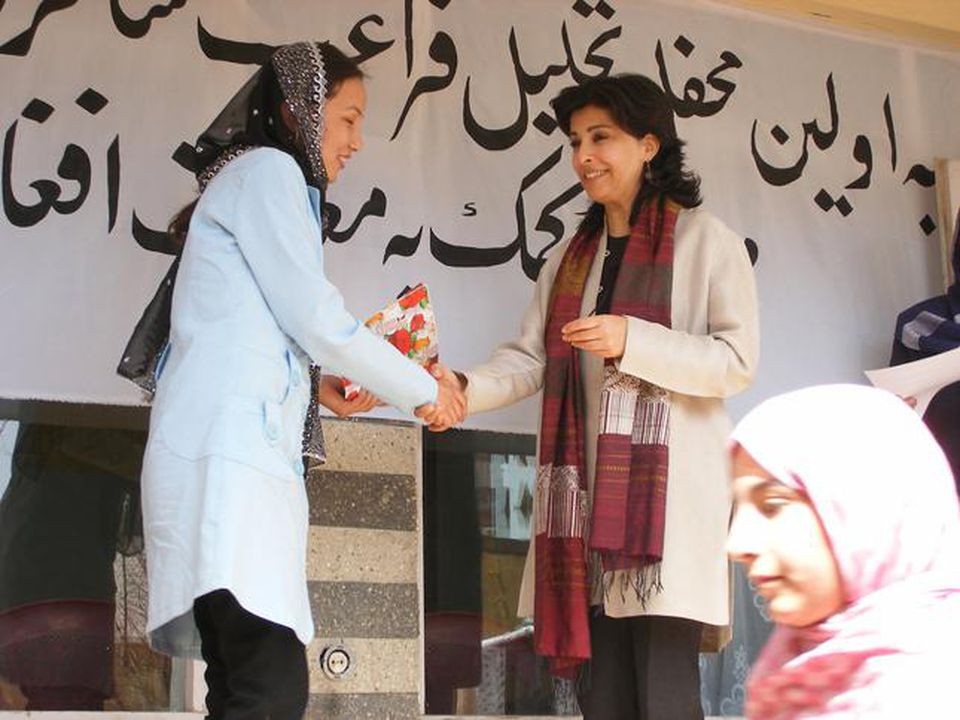
Photo courtesy of GlobalGiving. Hassina Sherjan, right, is the founder of Aid Afghanistan for Education.
Hassina Sherjan believes education is the key to peace everywhere—especially in her home country of Afghanistan. Sherjan fled to the United States to escape the Soviet invasion of Afghanistan. After spending 23 years in the States, she decided to return to Afghanistan in 2001. “Home is always home, you know. No matter the chaos,” she told BBC. Sherjan founded the nonprofit Aid Afghanistan for Education to connect Afghans, especially women, to educational opportunities. “If people are provided with education, jobs and healthcare for them, there will not be any insurgencies. They won’t have anybody to recruit from Afghanistan and people will protect the country,” she said.
6. Maria Karra
Cofounder of Emfasis Foundation

Photo by Solon Malkas. Maria Karra is a cofounder of the Emfasis Foundation.
The Greece of today looks different from the Greece of Maria Karra’s youth. Plagued by debt, it is now one of the poorest members of the European Union, with many residents in financial crisis. In 2013, Karra and a group of friends of launched the Emfasis Foundation to support the most impoverished and marginalized people in Athens. Many lived on the streets. A few years later, Karra was compelled to widen the nonprofit’s focus to serve thousands of refugees, stuck in dismal camps in Greece, after fleeing war, violence and persecution in Syria, Afghanistan, Pakistan, Iraq and Algeria. Karra and her team focus on addressing cultural voids in refugee camps near Athens. They’ve established prayer zones, separate bathrooms for men and women, and a playroom for children. They’ve also distributed books in Arabic to kids and reams of fabric to women for hijabs and burkas. “Our life can only be measured by the effect that it has on other people's’ lives. Even if we manage to impact positively on the quality of life of just one more human being, this humble act would have made us better," Karra told me.
7. Meena Sankaran
Founder of PRERNA
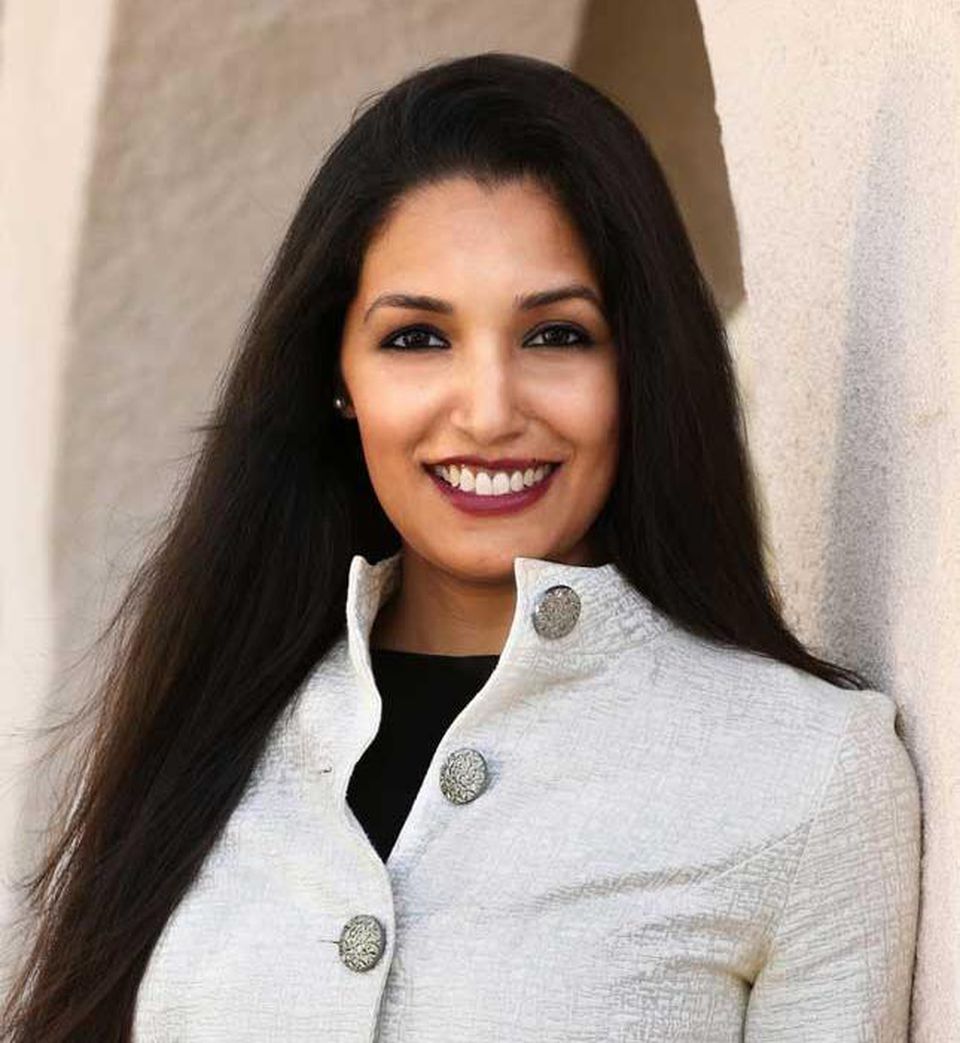
Photo courtesy of Meena Sankaran. Meena Sankaran is the founder of PRERNA.
Born and raised in Mumbai, Meena Sankaran came to the United States to study electrical engineering. Her experiences as a student struggling to thrive in a foreign country and lessons learned over the years as a volunteer for charitable causes led her down a very different path. “I interacted with many families across different ethnicities. It wasn’t long before I realized the gaps there were in services needed by refugees, and the lack of resources available,” she said. Sankaran founded PRERNA in 2015. The nonprofit is devoted to helping refugees gain independence and stability in California, as well as other states, including New York, Ohio and Arizona.
8. Layli Miller-Muro
Founder of Tahirih Justice Center
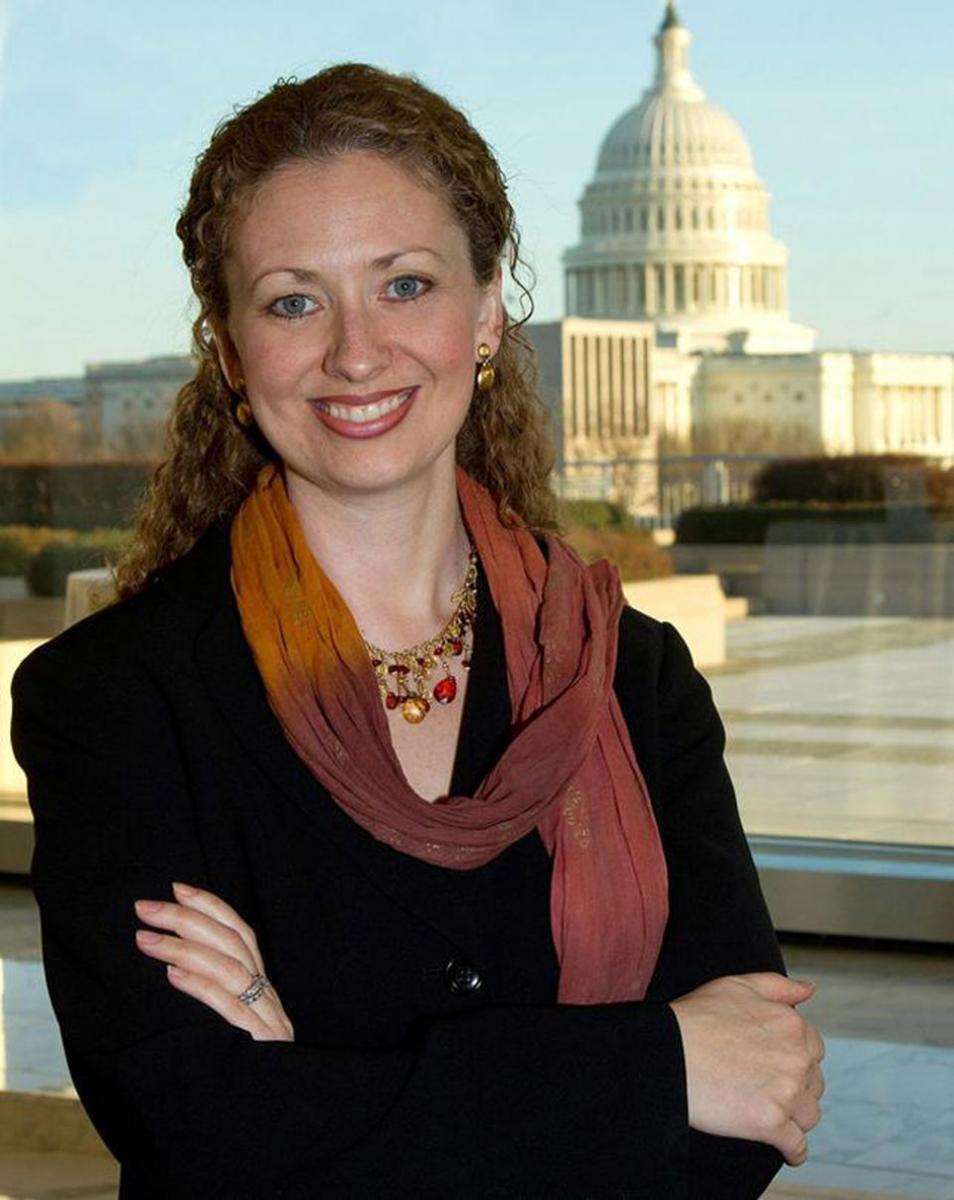
Photo by Michael Colella. Layli Miller-Muro is the founder of the Tahirih Justice Center.
Layli Miller-Muro is a trailblazing attorney who leads a nonprofit with offices in five cities, including Atlanta, Baltimore, greater D.C., Houston, and the Bay Area. Her journey as a refugee rights advocate began in 1996 when she was a law student at American University. She represented Fauziya Kassindja, a young woman who came to the United States from Togo to escape a forced marriage and female genital mutilation. The case went to the highest immigration court in the nation, and Kassindja won, setting legal precedent for gender-based asylum in the United States. With proceeds from a book she co-wrote with Kassindja, the Tahirih Justice Centerwas born. The nonprofit now provides free legal services to thousands of displaced women and girls fleeing violence every year and advocates to correct flaws in the U.S. justice system that put women at risk. Miller-Muro and her team also serve on the front lines of the crisis at the U.S. border, providing legal and policy advocacy to help reunite parents with children who were taken from them by Border Control agents.
///
Text u originalu možete prionaći na linku: https://www.forbes.com/sites/marlenahartz/2018/06/18/8-awe-inspiring-women-founders-to-applaud-on-world-refugee-day/#4e32e38231e6












 FACEBOOK
FACEBOOK TWITTER
TWITTER YOUTUBE
YOUTUBE